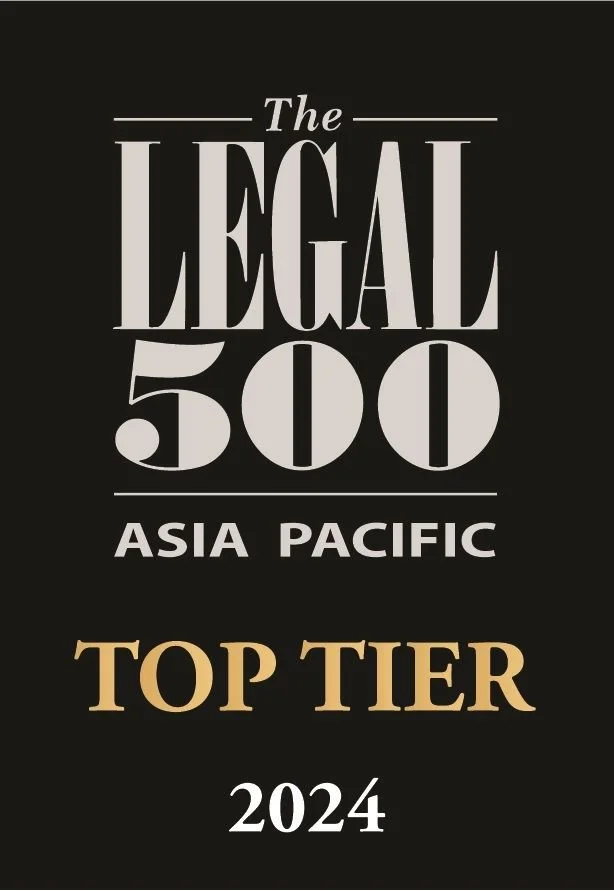Solicitor’s advice in the Petrie dish: restrained from acting
/Solicitor’s advice in the Petrie dish: restrained from acting
Fruit Shippers Ltd v Petrie and Noboa [2019] NZHC 2694
In this recent High Court decision, Chapman Tripp was restrained from acting in a proceeding where it had previously provided corporate and strategic advice to the defendants.
Background
Fruit Shippers Ltd (Fruit Shippers) brought a claim against Mr Petrie and Mr Noboa, the current and former directors of Bartel Holdings Limited (Bartel). In the claim, Fruit Shippers alleged that Mr Noboa had received approximately $15 million in improper payments from Bartel between 2008 and 2017.
Chapman Tripp, the firm representing Mr Noboa and Mr Petrie in the proceeding, had acted for Bartel and its directors on prior occasions. In particular, Chapman Tripp provided “general corporate and strategic advice” during the period in which some of the “improper payments” were made.
Fruit Shippers applied for an order restraining Chapman Tripp from acting as the solicitor for Mr Noboa and Mr Petrie, on the basis that it was so involved in events related to the “improper payments” that it should be disqualified from acting.
Fruit Shippers also argued that Chapman Tripp could not act for both defendants, as they did not share the same interest in the litigation. This is because Mr Petrie did not receive any of the “improper payments” and could therefore file a cross-claim against Mr Noboa.
Decision
The High Court restrained Chapman Tripp from acting for Mr Noboa and Mr Petrie in the proceeding. The Court also restrained the firm from representing Bartel, in the case that it became a party.
In making this decision, the Court relied on the well-known principle that “justice should not only be done but should manifestly and undoubtedly be seen to be done”.¹ It noted that where a lawyer, in defending their client’s position, is in reality defending advice they had previously given, the wider interests of justice may require the Court to disqualify them from acting.
The Court rejected the defendants’ argument that “the most extraordinary circumstances” had to be established for a restraining order to be made. It noted that while the Court does need to be circumspect, the jurisdiction is based on ensuring the perception of justice and no proof of actual misconduct (or any extraordinary circumstance) is required.
On the facts, the Court found that there was a “more than negligible risk” that certain advice given by Chapman Tripp would be put into issue in the proceeding. On that basis, it restrained Chapman Tripp from acting.
The Court also found that while the defendants had differing interests in the litigation, this in itself did not justify making an order restraining Chapman Tripp from acting. This is because, when Mr Noboa initially approached Chapman Tripp to act for him, the firm advised him that it could not do so unless he received independent advice (as it was already acting for Mr Petrie). Mr Noboa obtained advice accordingly, and entered into arrangements with Mr Petrie in respect of any issues between them.
Comment (Virginia Wethey)
It will be interesting to see whether defendants use this decision strategically. If a claimant is forced to engage new lawyers to commence litigation due to its original lawyers being conflicted on the basis that they advised on the remedial action that was taken, then this is likely to have an adverse impact on the costs of pursuing a claim as well as the time it will take to reach a resolution. It may, however, provide an incentive for a claimant to reach an out-of-court commercial settlement.
The decision does however provide a warning to law firms acting for clients who pursue professionals that they may have to step aside if it is perceived that they are defending their own advice. The perception of justice is a low threshold. Even if the commercial advice was unrelated to the issues in dispute, a solicitor may still be disqualified from acting.
¹Black v Taylor [1993] 3 NZLR 403 (CA) at 408 per Richardson J.






